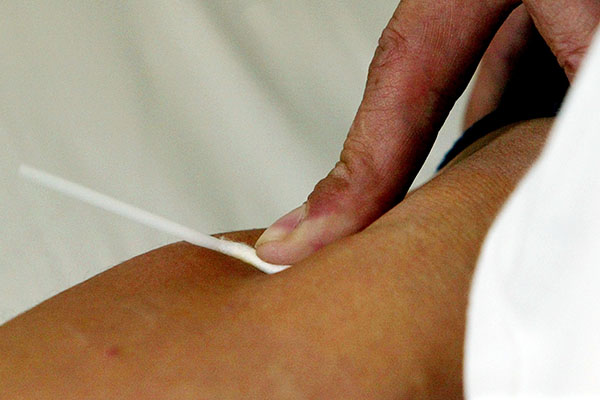In a bid to detect the Human Immunodeficiency Virus in newly infected blood donors, China is set to require blood banks a new kind of testing that would identify the virus at an early stage.
Authorities from the National Health and Family Planning Commission made the announcement at a press conference that was held regarding the controversial case of a 5-year-old girl who was infected with the virus after she was operated as a baby.
The cases of HIV-infected people in China are rising and the government is taking action to prevent infected blood from getting to blood banks. While the current testing method employed by blood banks is still effective, the period where it could detect the virus takes a long time.
The "HIV window period" is the time when people who are infected with the virus would not test positive. In the current testing system, the window period is at three months, but with the new test, called NAT or nucleic acid test, this duration is shortened to 10 days.
To test NAT's efficiency, a trial period began in 2010 which was participated by 12 municipalities and provinces. Beijing, Shanghai and Dongguan were among the locales which adopted the method and have since yielded HIV results in a shorter span of time. Blood tested using this method was diagnosed in six to 12 hours after the window period of 10 days.
After its successful pilot, the new test has been encouraged all over China. However, as the government then did not require the test, other blood centers continue to use the old method.
In 2015, all blood banks should employ the test to detect HIV and other blood diseases as ordered by Premier Li Keqiang. As the new test is more expensive, regional governments would cover the expenses in administering the new method on donors.


